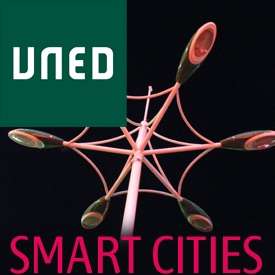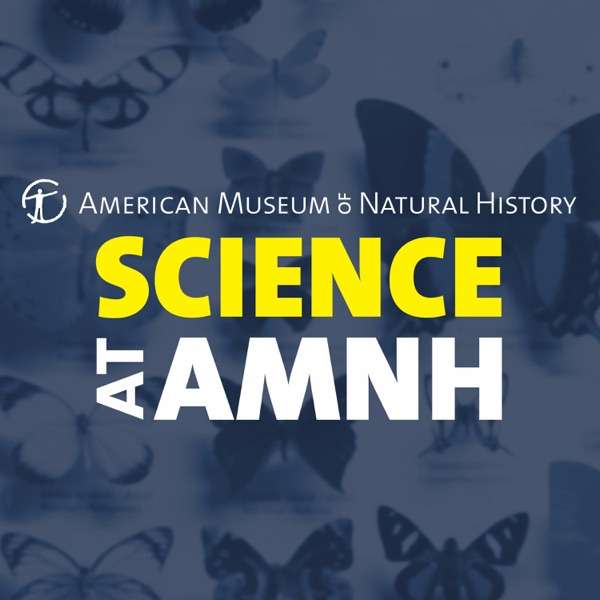From Gregor Mendel’s discovery of the laws of heredity, to the recognition of DNA as life’s critical molecular “key”, scientists have probed the role of this remarkably complex material and the code it contains to expand our understanding of life. With the genetic code of hundreds of life forms now sequenced, and geometrically larger genomic datasets publicly available, scientists are able to advance research into the genetic roots of disease and how global viral pandemics occur, how transformative agricultural research can help feed our planet’s growing population, how environmental influences affect individual development, and how genetic mutation and variation impact survival at the species level. Lectures are held at Centennial Hall on the campus of the University of Arizona between January 30th and March 6th.
Jan 30 2013. Are Genes the Software of Life? Fernando D. Martinez, MD, Director, BIO5 Institute; Director, Arizona Respiratory Center; Swift-McNear Professor of Pediatrics and Regents’ Professor, The University of Arizona
Feb 6 2013. The Genesis of the 1918 Spanish Influenza Pandemic. Michael Worobey, Professor, Ecology and Evolutionary Biology, The University of Arizona
Feb 13 2013. Genomics and the Complexity of Life. Michael W. Nachman, Professor, Ecology and Evolutionary Biology, The University of Arizona
Feb 20 2013. The 9 Billion-People Question. Rod A. Wing, Bud Antle Endowed Chair, School of Plant Sciences and Director, Arizona Genomics Institute, The University of Arizona
Feb 27 2013. Epigenetics: Why DNA Is Not Our Destiny. Donata Vercelli, MD, Professor, Cellular and Molecular Medicine; Director, Arizona Center for the Biology of Complex Diseases, The University of Arizona
Mar 6 2013. Genomics Tomorrow panel discussion

 Our TOPPODCAST Picks
Our TOPPODCAST Picks  Stay Connected
Stay Connected







